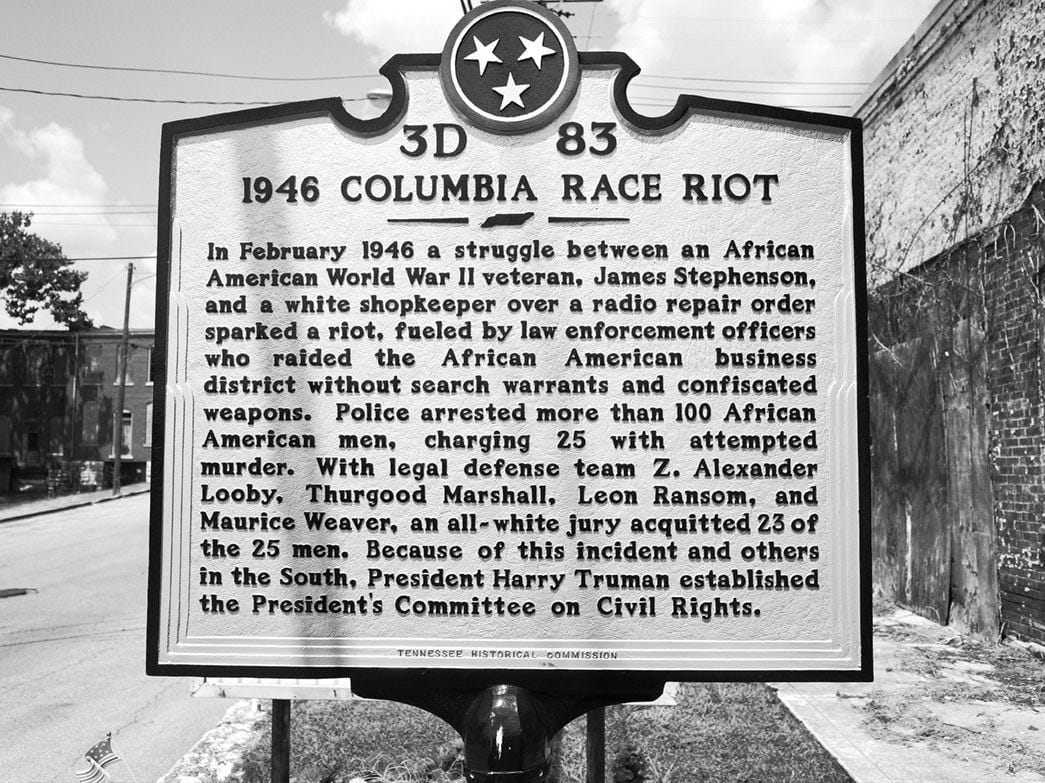
Unveiling the Truth
History is not just a record of past events but a tapestry woven with the threads of human experiences, struggles, triumphs, hopes, and resilience. Regrettably, this tapestry has been muddled and discolored through the act of whitewashing—downplaying, erasing, or distorting the contributions of marginalized communities, particularly Black and indigenous people. This practice not only breeds prejudice and discrimination but also erects barriers on the path toward inclusivity. Let's explore the detrimental effects of whitewashing history, the importance of recognizing and learning from Black history, the role of diversity in shaping our societal landscape, and the transformative power of knowledge.
The Harms of Whitewashing History: An Erasure of Truth
Whitewashing is a historical deception that downplays the realities of violence and oppression faced by Black people throughout our history and perpetuates a false narrative that hinders progress in our society. It allows systemic racism to persist because the root causes and consequences of past injustices are obscured from public consciousness. This practice diminishes Black voices, forging a distorted, incomplete narrative that emboldens a false sense of superiority among dominant groups. Whitewashing not only perpetuates racial biases but also deepens the historical wounds that still influence present-day marginalized communities. Obscuring the genuine struggles and accomplishments of the past prevents society from fully understanding and addressing the existing challenges rooted in historical injustices.
The Imperative of Recognizing Black History
Black history is an essential component of American history. The significant contributions of Black individuals and communities to the nation's evolution are undeniable. By delving into Black history, we unravel the tapestry of struggles, resilience, and triumphs that encapsulate the experiences of Black Americans. This understanding allows us to confront contemporary injustices and galvanize collective efforts against racism and discrimination. Moreover, the narratives of Black leaders, activists, and innovators offer motivation and hope, serving as reminders of the power of perseverance and the possibility of transformative change amid adversity.
By studying history, which includes the history of Black Americans, we gain invaluable insights into the struggles and achievements of Black individuals and communities. Our stories serve as a source of inspiration, reminding everyone of the importance of strength and resilience in the face of adversity.
Diversity: The Fabric of a Better World
In its multifaceted forms, diversity is essential for societal progression, mutual understanding, and an equitable society. It fosters empathy, broad-mindedness and paves the way toward a richer, more comprehensive historical narrative. Embracing diversity resonates with the Jewish value of B'tzelem Elohim, which translates to "In the Image of God." This principle upholds that every individual, bearing God's image, possesses inherent dignity and worth. Recognizing the myriad of experiences and contributions of all people allows us to truly embody this value, providing a wider lens through which we view our shared history and collective humanity.

Knowledge: The Beacon of Change
When coupled with action, knowledge is an influential force that becomes a potent catalyst for change. Learning about and understanding Black history empowers us to dismantle oppressive systems and foster a fair and equitable society. Herein, the Jewish principle of Tikkun Olam, or "repairing the world," serves as a moral compass. It beckons us to assume responsibility for enhancing the world by nurturing justice, kindness, and compassion. Illuminating the less-explored aspects of Black history embodies the essence of Tikkun Olam and aids in mending the fractures wrought by historical injustices.
Final thoughts
For generations, the practice of whitewashing history has clouded the truths of marginalized communities, particularly Black people. It is a collective responsibility to dismantle this harmful practice and portray a more comprehensive, inclusive historical narrative. Embodying the Jewish values of Tikkun Olam and B'tzelem Elohim, embracing diversity, and wielding knowledge as a tool, we can foster understanding, empathy, and a commitment to justice. As we strive for a more radiant future, let us also remember the Jewish value of "Tzedek, Tzedek Tirdof," which calls upon us to actively pursue justice and fairness in all aspects of life, including historical representation.
By honoring Black history and jointly aspiring for a more radiant future, we stride toward a more equitable and compassionate society where all narratives are heard, cherished, and celebrated. This aligns us on the path of authentic progress: a journey toward a just world that rejoices in diversity cherishes historical truth, and is committed to repairing the wounds of the past.




Comments on black history are excellent. I would like to join your group.